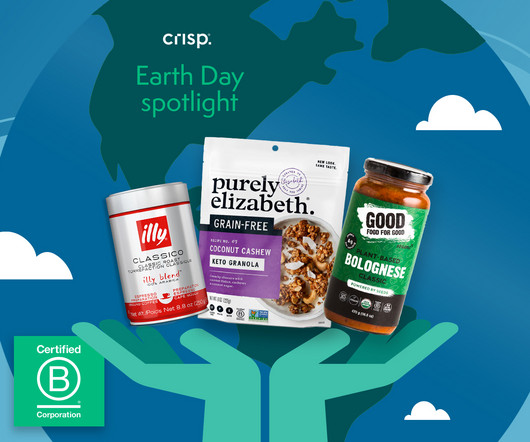Leveraging Your Bargaining Power in Logistics Service Provider Negotiations
The Logistics & Supply Chain Management Society
MAY 15, 2023
They just need to reach out and find new avenues & sources of support. The group meets on a regular cadence, both virtually and in person, to raise and discuss topics of interest with attention to current and pressing relevant subjects. Collectively Shippers can positively shape the logistics landscape. What More Can be Done?
















Let's personalize your content